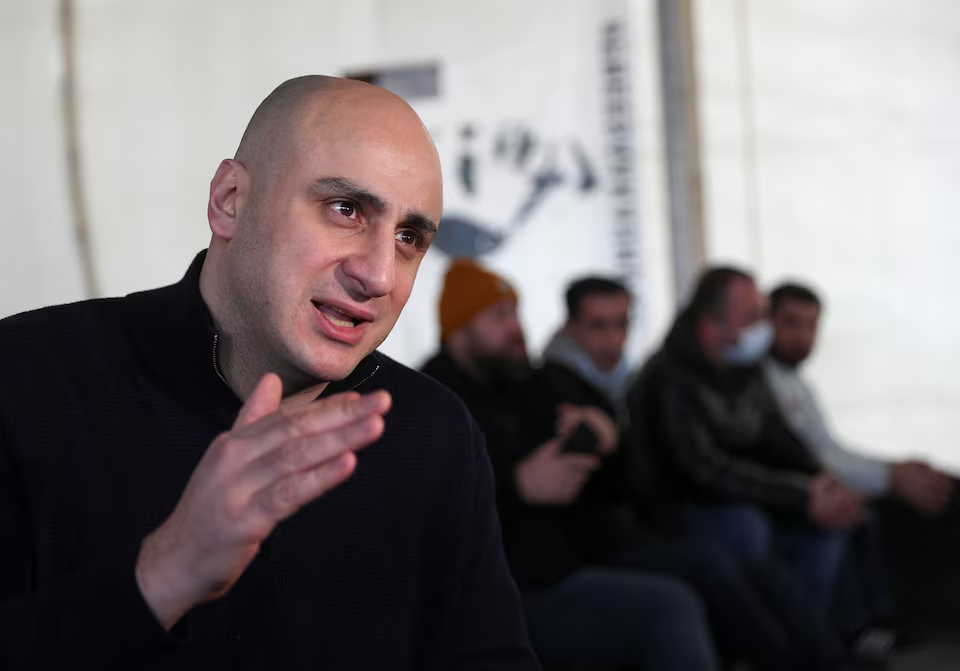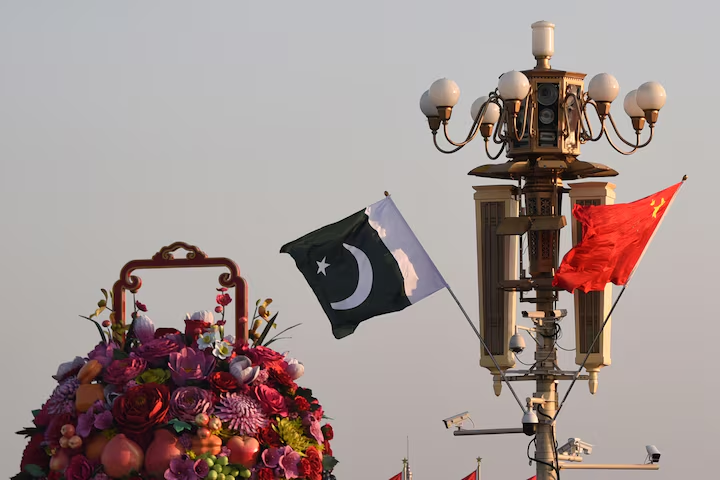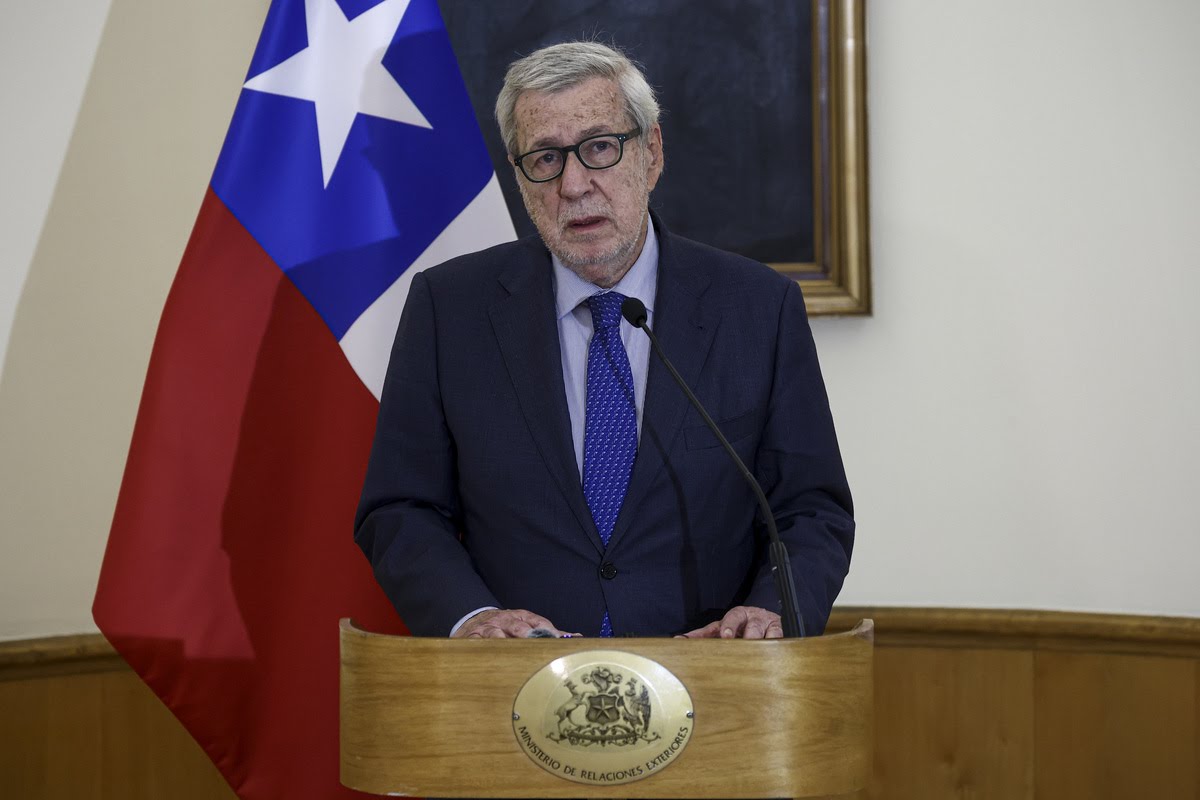A second prominent opposition leader in Georgia has been placed in pre-trial detention as the government escalates its crackdown on dissent, drawing criticism from domestic and international observers.
On Thursday, the Tbilisi City Court ordered the pre-trial detention of Levan Khabeishvili, the leader of the opposition United National Movement (UNM) party, on charges of inciting violence and disrupting public order during recent anti-government demonstrations. Khabeishvili, a key figure in the protests against the controversial “foreign agents” law, was arrested earlier this week.
This development comes just days after another opposition leader, Zurab Japaridze of the Girchi-More Freedom party, was similarly detained on related charges. The government’s aggressive approach to opposition figures has intensified tensions in the country and raised concerns over the erosion of democratic norms.
The arrests follow weeks of mass demonstrations in Tbilisi, where tens of thousands of citizens have protested a bill that would label NGOs and media outlets receiving over 20% of their funding from abroad as “foreign agents.” Critics argue that the legislation is modeled after similar laws in Russia and would be used to stifle dissent and silence independent voices.
Khabeishvili’s defense team argued in court that the charges are politically motivated and called for his immediate release. His lawyer, Nika Machutadze, said, “This is a blatant attempt to remove opposition leaders from the streets and from the political arena.”
In response to the court’s decision, the UNM party released a statement accusing the ruling Georgian Dream party of pursuing authoritarian tactics and undermining democratic institutions. “This government is afraid of public opinion and is using the judiciary as a tool for political repression,” the statement read.
International reactions have also been swift. The European Union expressed “serious concern” over the arrests, urging the Georgian government to uphold the principles of democracy, rule of law, and freedom of assembly. U.S. Ambassador to Georgia Robin Dunnigan stated that the detentions “risk deepening the political divide and weakening Georgia’s democratic trajectory.”
Despite the mounting backlash, the government has defended its actions. Prime Minister Irakli Kobakhidze stated that the authorities are acting within the law to maintain public order and accused the opposition of attempting to destabilize the country. “The rule of law must prevail,” Kobakhidze said in a press briefing. “No one is above the law, regardless of their political affiliation.”
The ongoing political turmoil has sparked concern about Georgia’s future relationship with the European Union. The country has long sought EU membership, but the recent crackdown and legislation have drawn comparisons to authoritarian models and could jeopardize its candidacy.
Meanwhile, protests continue in the capital, with demonstrators demanding the release of detained opposition leaders and the withdrawal of the “foreign agents” bill. Activists say they plan to escalate their actions in the coming days if their demands are not met.
Georgia’s political crisis has exposed deep divisions within the country and highlighted the fragile state of its democratic institutions. Observers warn that unless a resolution is found through dialogue and legal fairness, the unrest could further destabilize the nation in the lead-up to crucial parliamentary elections.
Source; Reuters



